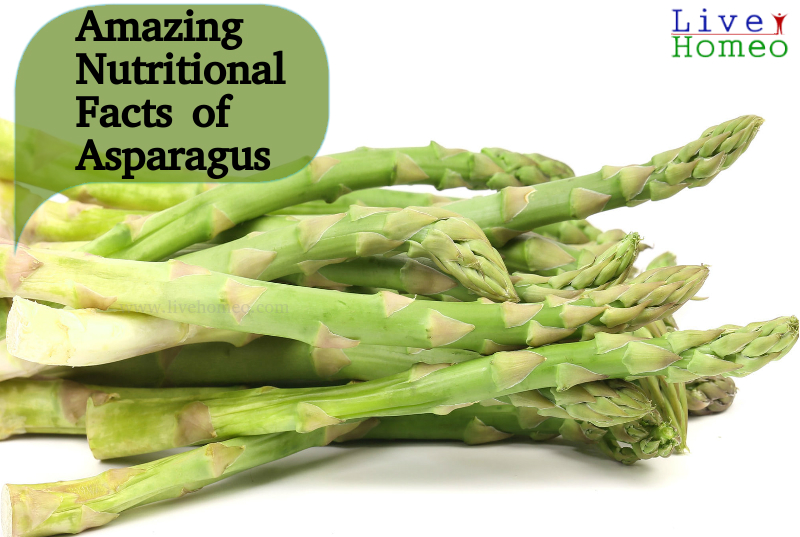Acute Respiratory Infections: Causes, Symptoms and Prevention
Experiencing symptoms like running nose, congestion, body ache and cough along with fever and difficulty in breathing?. Under those circumstances, do not neglect it, there is a high chance that you may be suffering from acute respiratory infections. Unfortunately, incidents of acute respiratory infections are increasing these days. These infections can affect people of all age groups equally. This is a contagious infection. If left untreated the infection can spread to the entire respiratory system. But, it is particularly dangerous among children, older adults and people with weak immunity. Therefore, knowing about it is very important.
| Frequently asked questions |
| How to overcome lung disorders? |
| Difference between Bronchitis and Pneumonia? |
Acute Respiratory Infections
Acute respiratory infection is a viral infection that interferes with normal breathing. However, this infection can affect your both upper respiratory system and lower respiratory system. Although, most of the times, it begins as a viral infection in the nose, trachea or in lungs.
As was previously stated, it is highly contagious and spread easily by inhaling the respiratory droplets of the infected person. From sneezing and coughing. This acute respiratory infection is a serious condition and needs medical assistance. Because it interferes with normal breathing due to which our body fails to get enough oxygen.
Causes of Acute Respiratory Infections
Acute respiratory infections are caused due to several virus and bacteria.
Viral causes of acute respiratory infection include
- Adenoviruses (are also said to cause cold, bronchitis and pneumonia)
- Rhinoviruses
- Influenza virus
- Enterovirus
- Respiratory syncytial virus
Bacterial causes of acute respiratory infection include
- Pneumococcus
- Bordetella pertussis
- Corynebacterium diphtheria
- Streptococcus pyogenes
- Haemophilus influenza
People with low immunity, lung disorders and heart problems, are more at risk of developing acute respiratory infections.
Symptoms of Acute Respiratory Infections
People with acute respiratory infections experience symptoms like
- Runny nose
- Congestion (in the lungs or nasal sinuses)
- Itchy and watery eyes
- Persistent cough
- Difficulty breathing
- Sore throat
- Sneezing
- Headache
- Fever and chills
- Fatigue
In fact, contact a doctor immediately if people with acute respiratory infections experience symptoms. Like difficulty in breathing, dizziness and loss of consciousness.
Complications of Acute Respiratory Infections
However, if left untreated or if the disease progress. It can result in permanent damage and can also be fatal. Few complications of acute respiratory infections include
- Respiratory arrest (lungs stops functioning)
- Respiratory failure
- Congestive heart failure
Tips to prevent Acute Respiratory Infections
We all know that prevention is always the best solution. To reduce the risk of harmful disorders like acute respiratory infections. Below are a few simple tips that help to reduce your risk of acute respiratory infections
- Avoid close contact with infected people or people who are sick.
- Moreover, be hygienic, wash your hands frequently.
- Do not touch your face, nose and mouth without washing your hands to prevent virus and bacteria from entering your body.
- Sneeze into the arm or tissues to prevent the disease from spreading.
- Boost your immune system by eating a healthy diet and exercising regularly.



